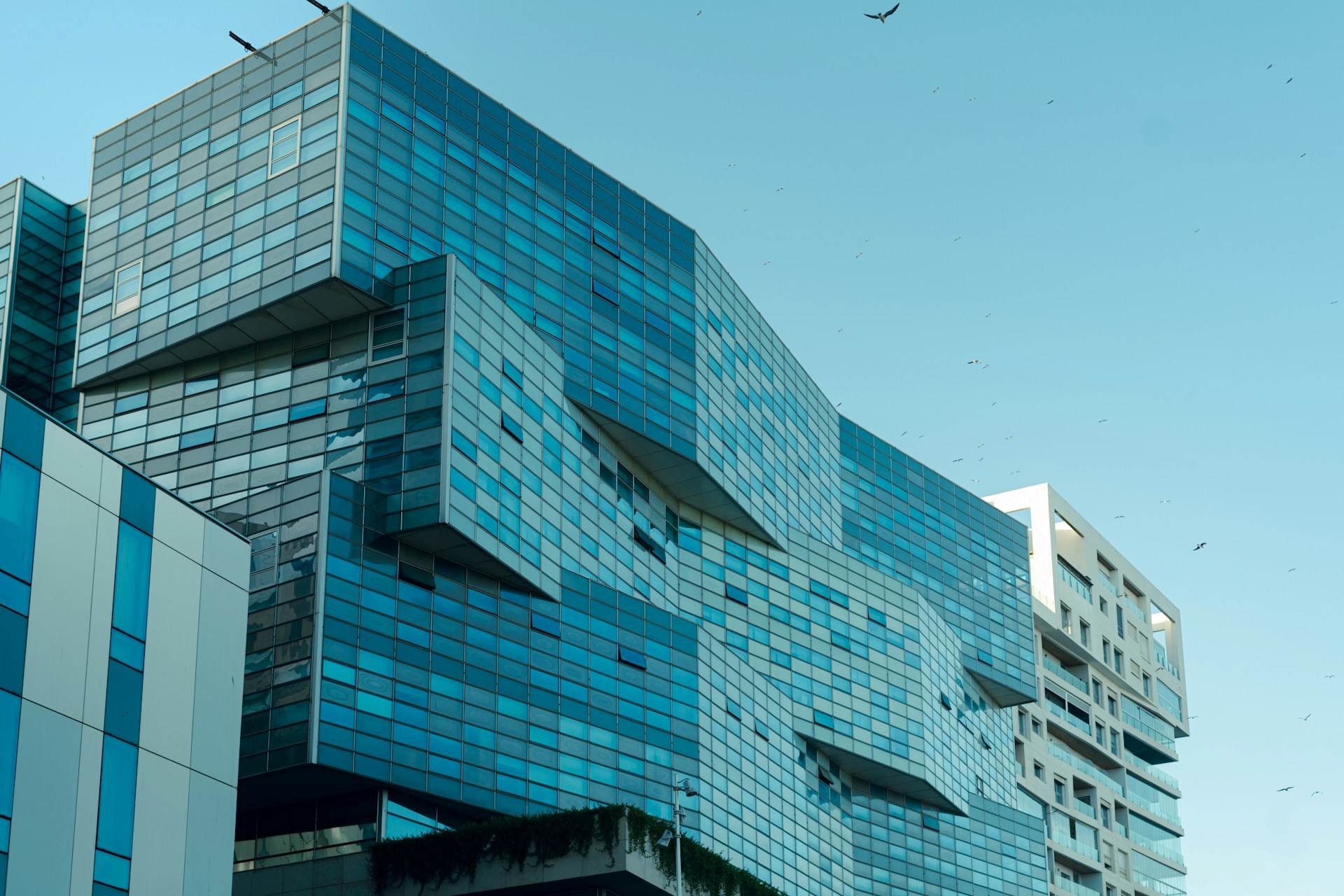Casablanca’s Finance City (CFC) is playing a pivotal role in Morocco’s ambition to become a leading economic hub in Africa. Since its inception in 2010, CFC has evolved into a modern business district that attracts international investment and drives urban development. The growth of this financial district is reshaping the city’s skyline with a surge in office buildings, commercial spaces, and high-end residential properties.
The strategic location of CFC, along with its advanced infrastructure, has created a dynamic environment that supports global businesses. Over 240 companies, including major players like Huawei and Schneider Electric, have already established a presence in the district. This influx of international investment has been a key driver of job creation, boosting both the local economy and Morocco’s reputation as an emerging business destination.
Beyond the corporate landscape, CFC’s development has sparked significant real estate activity. The rise of luxury apartments and commercial spaces is a direct reflection of the growing demand from international businesses and professionals seeking to establish themselves in the city. The expansion of real estate options in this area not only meets the needs of businesses but also addresses the growing demand for high-quality living spaces as Casablanca positions itself as a hub for global talent.
However, the rapid growth of CFC has also highlighted certain challenges. Critics argue that while the district has brought considerable foreign investment, it has not fully addressed the socio-economic inequalities within the broader city. The benefits of this development are not always felt equally, with some segments of the population still struggling with access to basic resources and services.
Nonetheless, the strategic investments being made in sectors such as fintech, AI, and sustainable finance signal that CFC is more than just a financial district. Initiatives like the Africa Innovation Lab and the creation of a voluntary carbon market are aimed at ensuring the district evolves in line with global trends, particularly the push for sustainability and technological advancement.
In conclusion, Casablanca Finance City is more than just a financial hub; it represents the future of urban development and investment in Morocco. Its success has the potential to shape not only the city but also the broader African economic landscape, offering a model of modern urban planning and economic growth.


